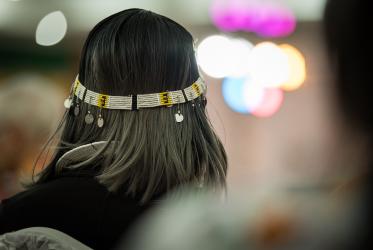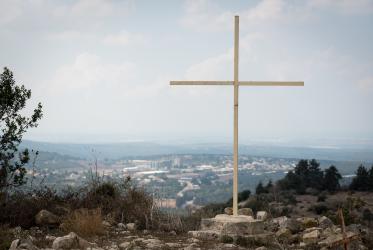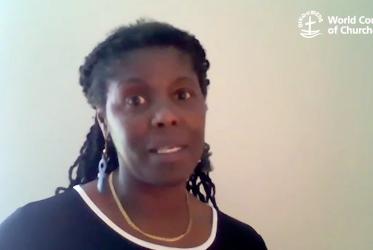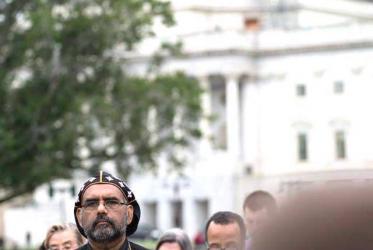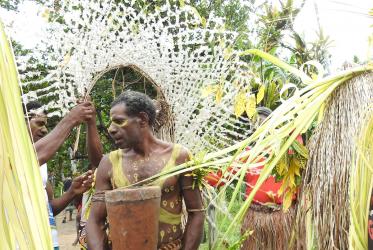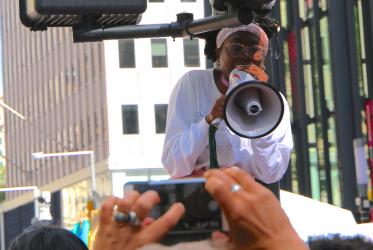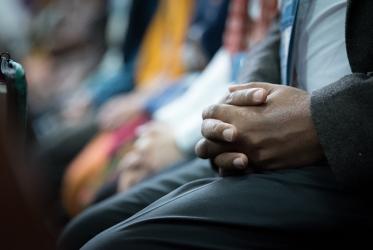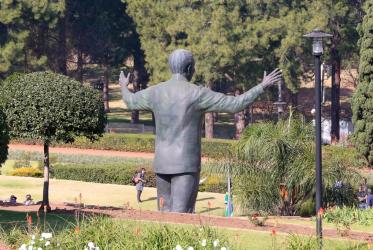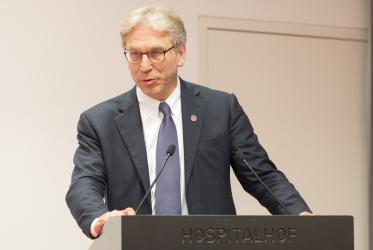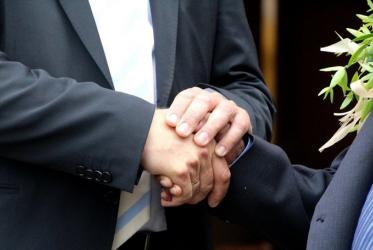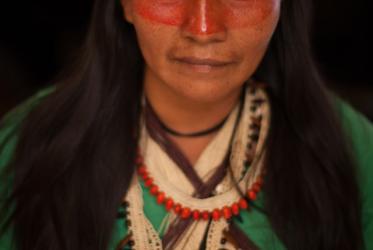Displaying 141 - 160 of 381
07 August 2020
Churches invited to “Ring the Bells for John Lewis”
29 July 2020
CCIA meets in Brisbane with focus on Pacific regional priorities
19 February 2020
Plans for 11th WCC Assembly build excitement across the globe
18 February 2020
Webinar on racism in the Pacific: “It has become embedded”
05 December 2019
The cry of the Papuans in Indonesia
14 November 2019
